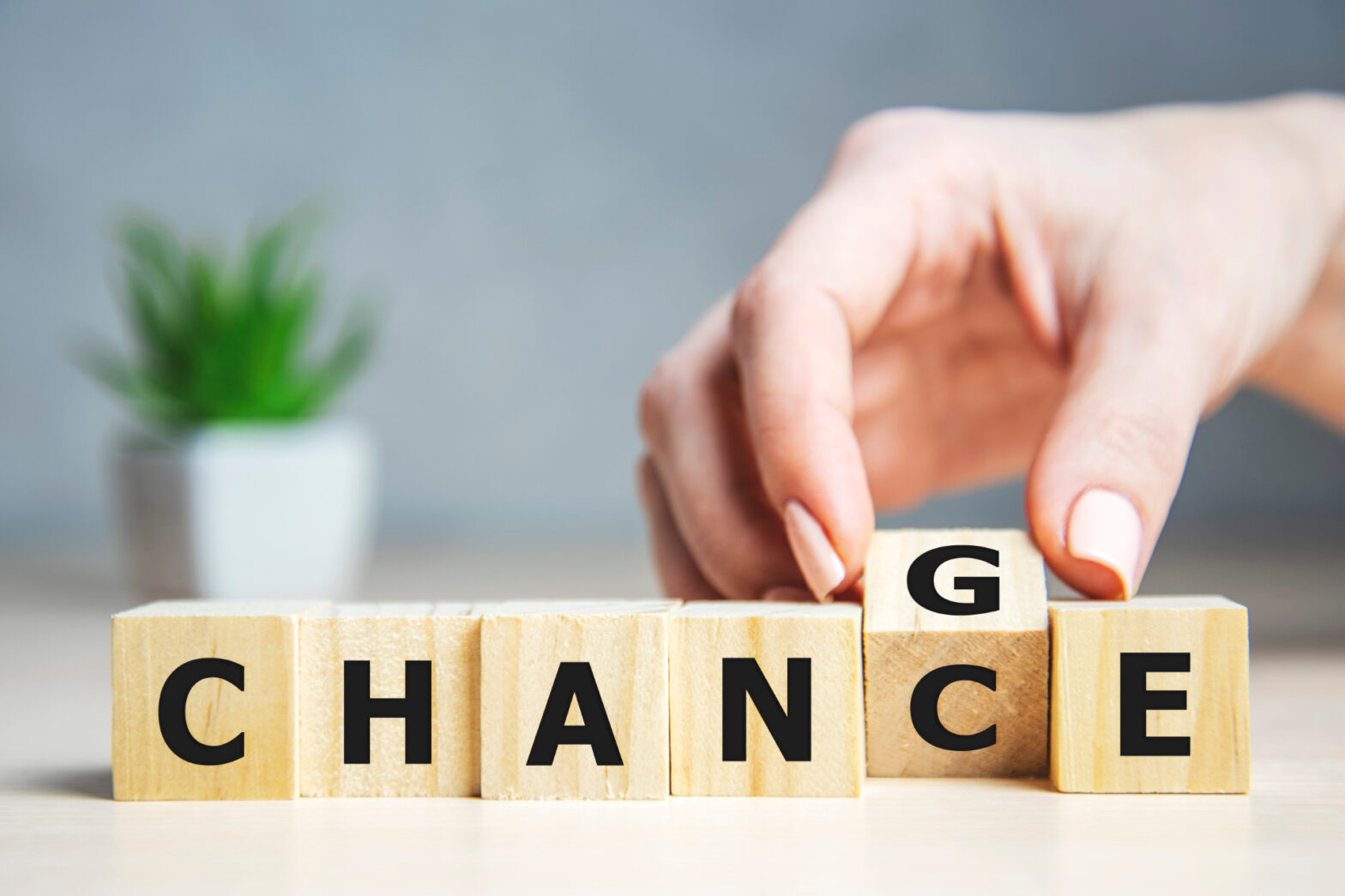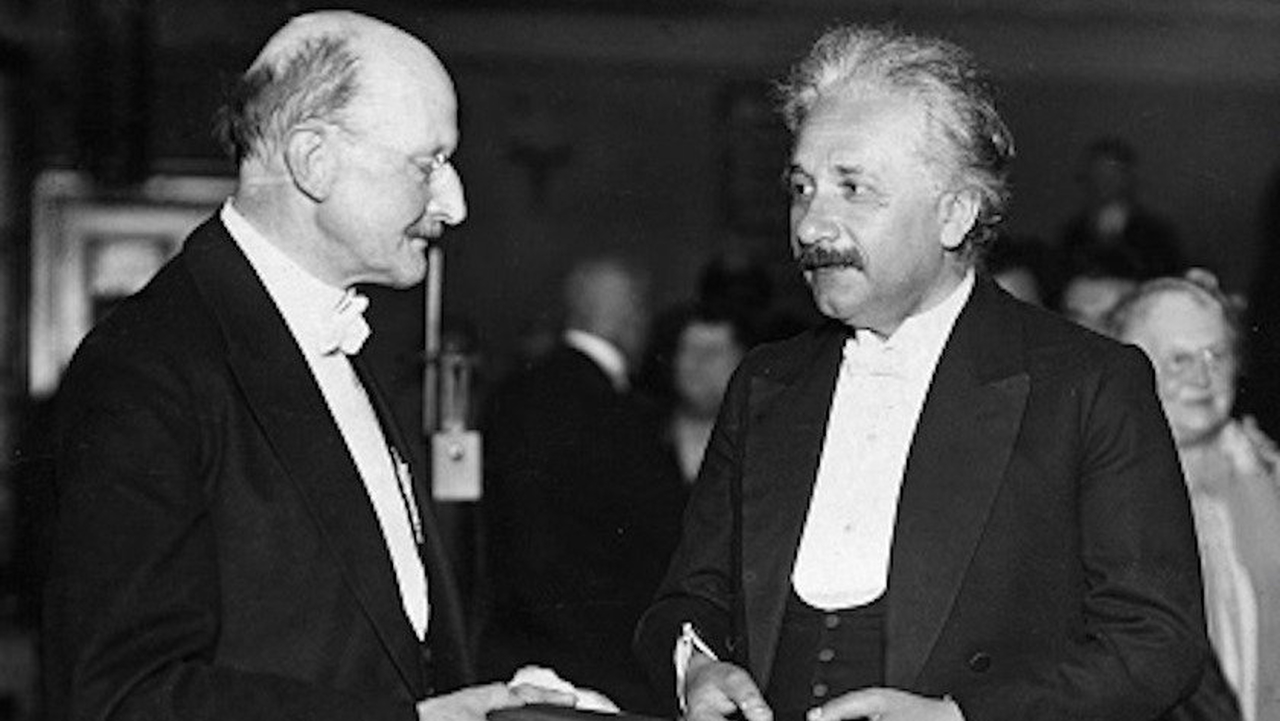Many times a day we may walk past an acquaintance and say, “Hi, how are you?” The other person smiles, says, “good and you?” And we likely respond similarly. Are we both always good? That’s a rhetorical question of course. A few years ago I was taking a walk on my way for a cup of coffee. I encountered a parking attendant with whom I was familiar outside of a neighborhood restaurant I frequented. This gentleman and I had a number of engaging conversations in the past and so I asked the predictable, “How are you doing Jacques?” He smiled and said, “I can’t complain.” I smiled back and continued on my walk.
Moments later I had a thought. His answer might suggest two different things. Either Jacques has nothing to complain about or he literally couldn’t allow himself to complain, emphasis on the word, can’t. I wondered which was the case. In a few minutes, coffee now in hand, I reencountered him. I explained to him that I wasn’t sure if he meant all was well or that he was uncomfortable complaining. It took quite awhile to break through his resistance until he finally said, “I don’t share my struggles because no one would be interested.”
I explained to Jacques that when I asked how he was, I did care and truly wanted to know. When we greet one another and robotically inquire as to how we’re doing, without either party answering honestly, it becomes an exercise in inauthenticity. We act as uncaring strangers. We cut ourselves off from human interaction. We can do much better than that. Jacque’s belief that no one would care is of course false. I did. It may be that many wouldn’t care, but why preclude those who might?
Learn to be Authentic
To be true to yourself, you need to be authentic. Without going into details, your answer might sound like, “I’ve had better days.” That opens the door to a genuine interaction. You never know what might evolve from that. But at the least, you’re being honest with yourself. It’s really important to be authentic no matter what you expect from another person.
More from Mel Schwartz
Podcast 084: The Power of Authentic Self Esteem (Encore Presentation)





My response to “how are you” is often “how long do you have?” The reaction of my interlocutor is often startlement, followed by a fleeting expression of dismay – as in, “omg, I’m going to get bogged down in a whole long laundry list of complaints”.
If, as soon as I see That Look, I laugh and reassure my acquaintance that I’m only “joking”, we return to presenting our mutual public faces and The Other appears to feel they’ve dodged a bullet – or maybe I’m imagining the sense of relief I perceive. Whichever it is, that encounter permanently transforms me into a kinda, sorta, dangerous person. Which I don’t mind. It means they will likely ponder the encounter.
I chuckled at your response. At times in a restaurant when the server asks me, ” How are you.” I might respond, “Pull up a chair and we can chat about it.”
How are you.? After nearly 50 years of beautiful marriage my wife has decided to end it. This is the worst Christmas time that I have ever had to endure.Everybody has thrown me out,I am in isolation. What do I do ?
Do you have any support system, relatives or friends Kevin? This sounds like a shock to you and there is assistance available. Where do you live?